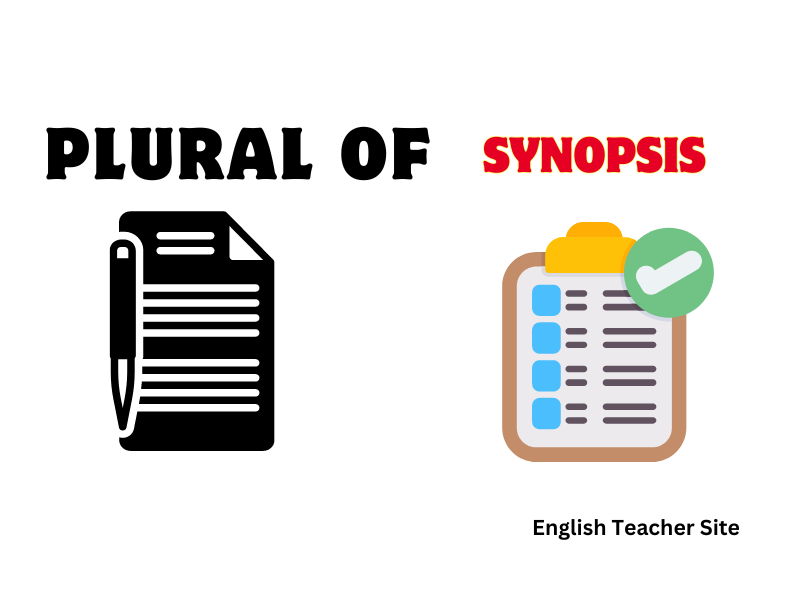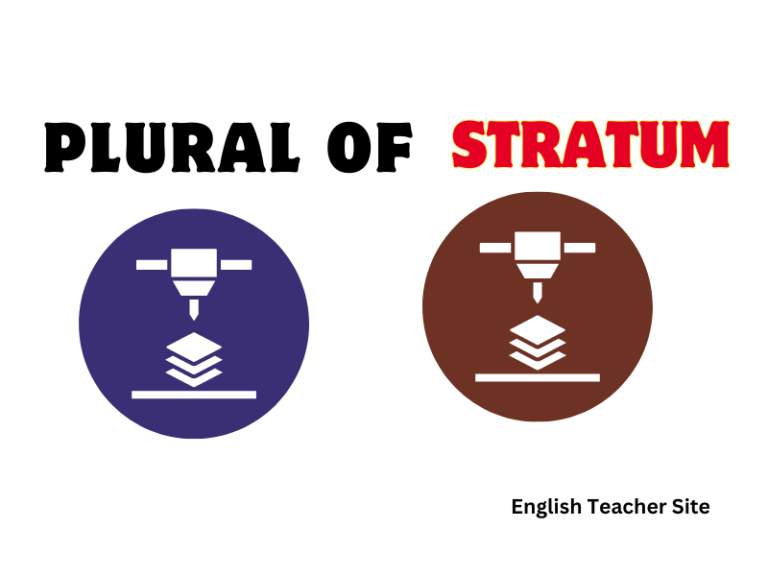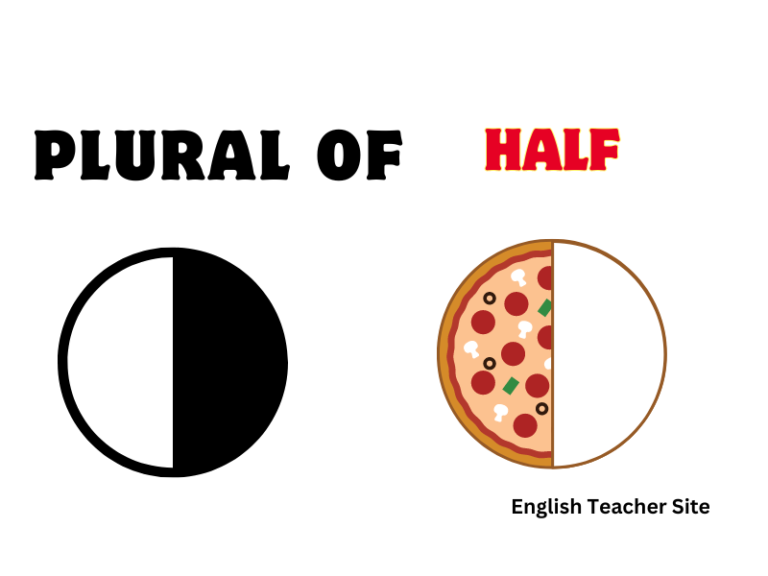What’s the Plural of Synopsis: Understanding Correct Usage

- A synopsis is a brief summary of a larger work.
- The correct plural form of synopsis is synopses.
- Pluralization rules can vary, notably with words of Greek origin.
When it comes to pluralizing the term, the plural of synopsis is synopses. Despite English having rules that usually append an “s” or “es” to a noun to indicate more than one, certain words like ‘synopsis’ follow a different pattern due to their Greek origin. Therefore, ‘synopsis’ becomes ‘synopses’ when referring to more than one summary. The distinction can be particularly important in academic and literary contexts where multiple summaries might be compared or referenced.
What is a Synopsis?
A synopsis is a brief summary or general overview of a larger work. It distills the main points and plot elements into a condensed form, allowing readers to grasp the subject matter quickly. In academia or the literary field, a synopsis may serve several purposes, such as offering a snapshot of a research paper, a book, or a screenplay.
| Key Elements of a Synopsis | Description |
|---|---|
| Central Theme | Conveys the main idea or message of the work. |
| Major Characters | Highlights principal characters and their roles. |
| Plot Overview | Outlines the narrative arc and key events. |
| Purpose | Indicates the intent behind the work. |
Writers often use a synopsis to pitch their work to publishers or agents, illustrating the core essence of a text without delving into detailed minutiae. It is not to be confused with a review, which would contain critique; a synopsis remains objective and does not include personal opinions.
In the context of a treatise or narrative, a synopsis may also touch upon:
- The setting of the story, whether it is a real location or a fictional world.
- Any conflict or challenges that drive the narrative forward.
- The resolution or the climax as it pertains to the main storyline.
What’s the Correct Plural Form of Synopsis?
Here are how the transformations occur:
| Singular | Plural |
|---|---|
| synopsis | synopses |
To further clarify, here are a few examples of its usage in sentences:
- The committee reviewed the synopses of the submitted manuscripts.
- The students were tasked with writing synopses for their final projects.
Let us examine the details:
- Singular Usage: “Each student must submit a synopsis of the assigned book.”
- Plural Usage: “All synopses should be turned in by the end of the week.”
A tip for remembering the plural form is that many English words of Greek origin that end in -is are pluralized in this way.
Synopsis (Singular) in Sentences:
Examples in Academic Context:
| Context | Sentence Using ‘Synopsis’ |
|---|---|
| Research Summary | She provided a synopsis of her thesis on renewable energy sources. |
| Literature Review | His article includes a synopsis of the current literature on gene therapy. |
| Conference Proposal | Each speaker must submit a synopsis of their talk for the committee’s review. |
Examples in Fiction Writing:
- The publisher requested a synopsis of her novel before considering it for publication.
- Authors often submit a synopsis to agents to capture the essence of their manuscript.
Key Points to Remember:
- A synopsis is a brief summary, not a detailed description or a comprehensive extract.
- The term is particularly useful for academic researchers, students, and novelists.
- In constructing a synopsis, clarity and brevity are paramount to effectively convey an overarching view of the work being summarized.
Synopses (Plural) in Sentences:
Here’s how “synopses” might appear within a sentence structure:
- The committee reviewed the synopses of the proposed research projects before the meeting.
- She preferred reading the synopses of novels rather than the full text to save time.
Use in Academic Context:
| Singular | Plural |
|---|---|
| The synopsis | The synopses |
- The professor requested a single-page synopsis for each chapter.
- Students were asked to write synopses for every article they read.
Use in Literary Discussions:
| Context | Example Sentence |
|---|---|
| Comparing Works | The literary critic contrasted the synopses of the two novels. |
| Evaluating Specifics | In reviewing the book series, synopses revealed recurring thematic motifs. |
- Synopses can distill complex narratives into digestible summaries for readers.
- Book clubs often utilize synopses to remind members of the key plot points discussed from previous meetings.
Synonyms of Synopsis
Table 1: Close Synonyms for Everyday Contexts
| Close Synonyms | Usage |
|---|---|
| Summary | A brief presentation of the main points. |
| Outline | A general description covering main aspects. |
| Abstract | A succinct summary, usually for research papers. |
| Digest | A comprehensive yet concise summary. |
Table 2: Less Common Synonyms and Their Uses
| Less Common Synonyms | Contextual Uses |
|---|---|
| Capsule | A highly condensed version, often used in medical or scientific contexts. |
| Recap | A short review, commonly used in conversational language. |
| Brief | A short written statement, used in legal and formal settings. |
| Compendium | An exhaustive summary that covers all important information. |
These alternatives vary slightly in connotation and usage, illustrating the richness of the English language. “Capsule” suggests brevity, “recap” a casual tone, “brief” a formal summarization, and “compendium” a thoroughness that might exceed the brevity generally associated with a synopsis.
- Summary and abstract are foundational synonyms reflecting the essence of what a synopsis represents: a condensed version of a larger work.
- Terms like outline and digest suggest structured detailing of the main points.
- Recap and brief may convey similar meanings but are nuanced by their common usage in casual and formal settings, respectively.
Sources
Harper Douglas, “Etymology of synopsis,” Online Etymology Dictionary.
My name is Khamis Maiouf. I am the creator of the English Teacher Site, dedicated to providing valuable resources and insights for students around the world. With a passion for education and a commitment to helping students enhance their skills, I aim to make English teaching more effective and enjoyable for both educators and students.






